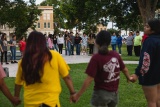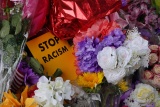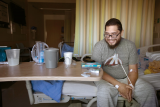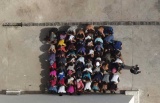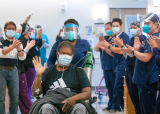Поради з інтерв’ювання жертв трагедій, свідків та потерпілих
Немає єдиного безпомилкового методу проводити інтерв’ю з людьми, які пережили травматичні події: насильство, злочини, катастрофи чи нещасні випадки. Кожен випадок унікальний і піднімає власні етичні проблеми та дилеми.
